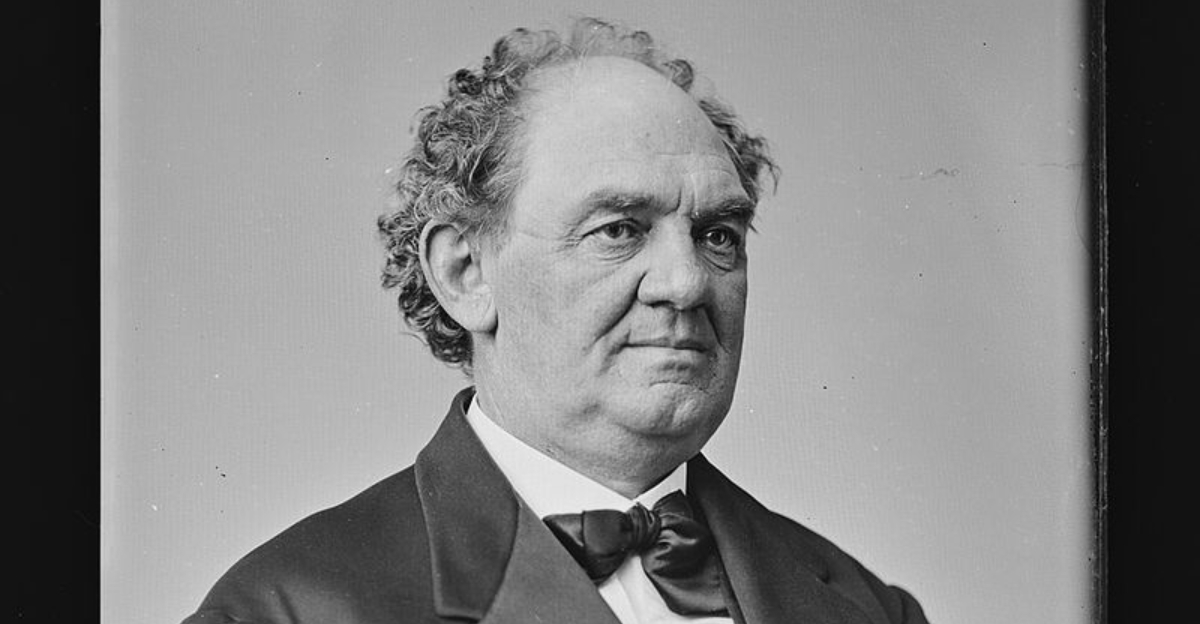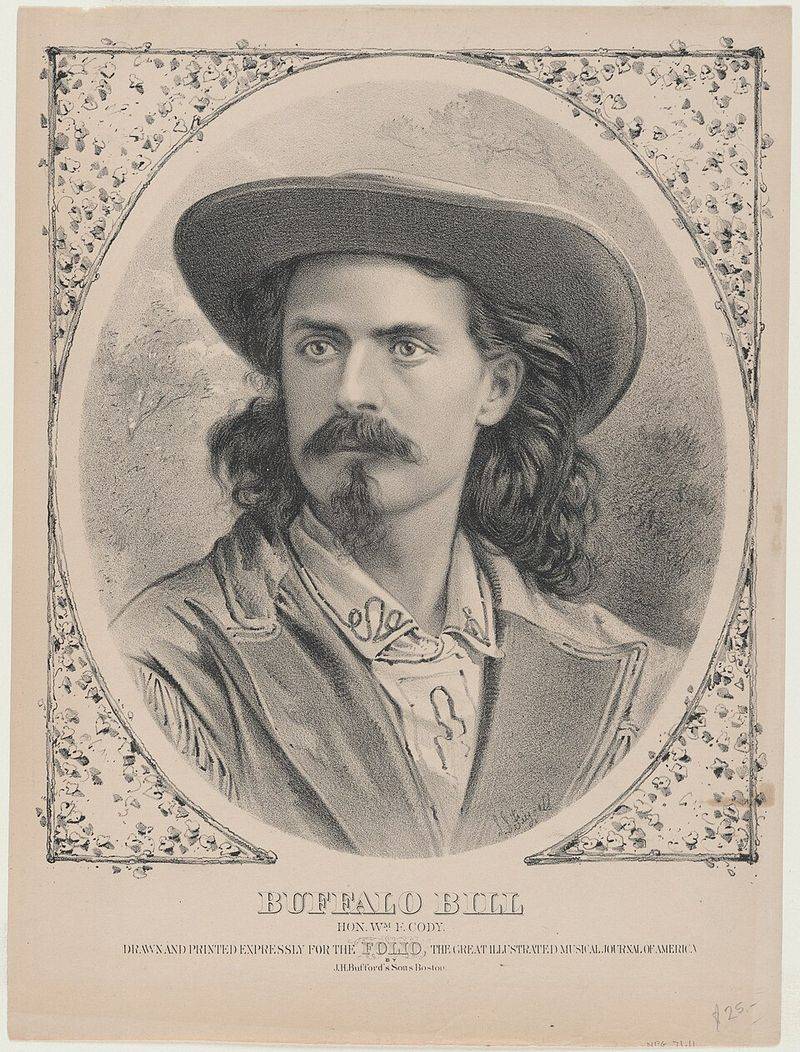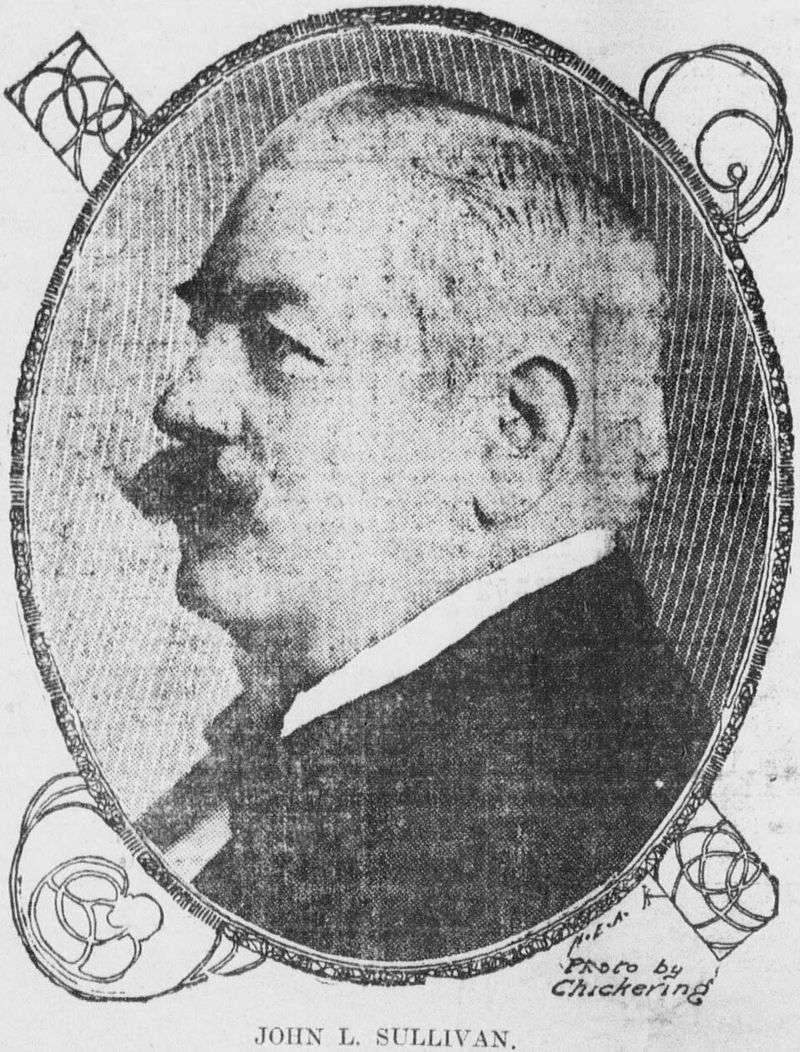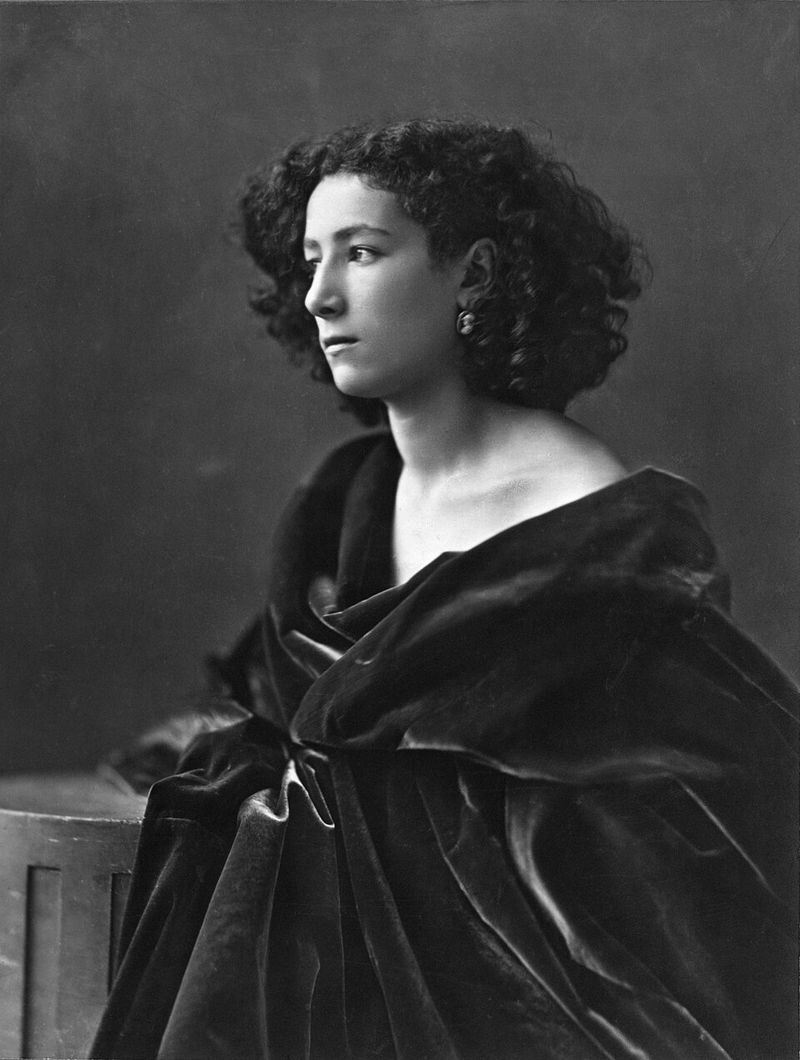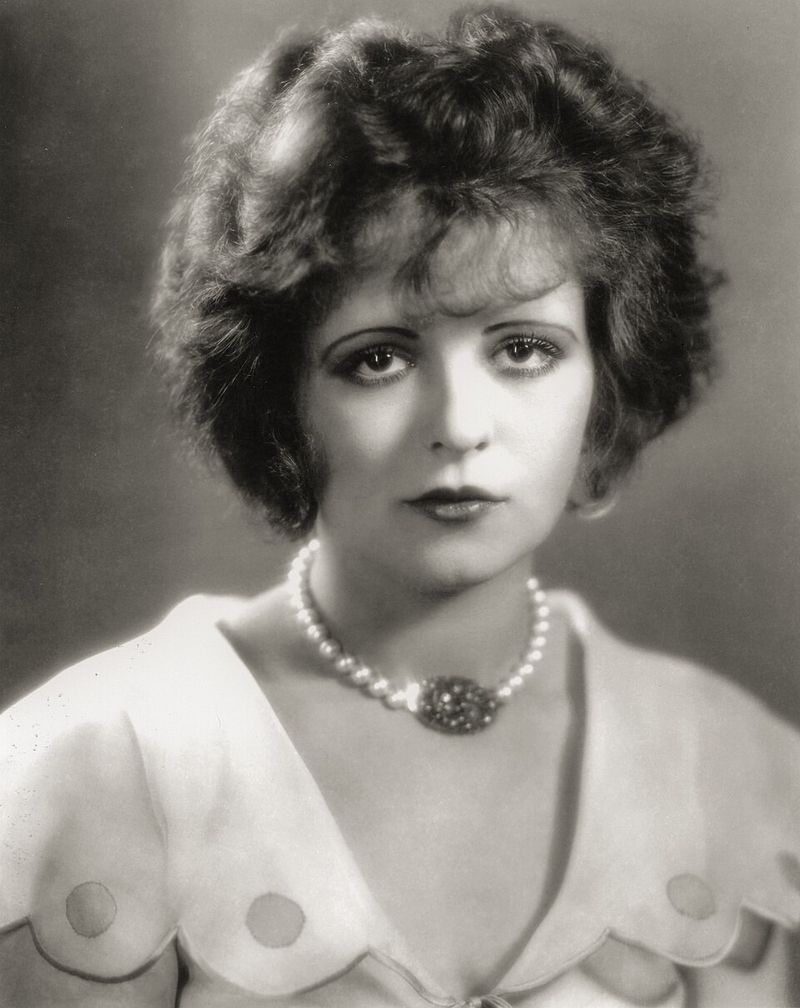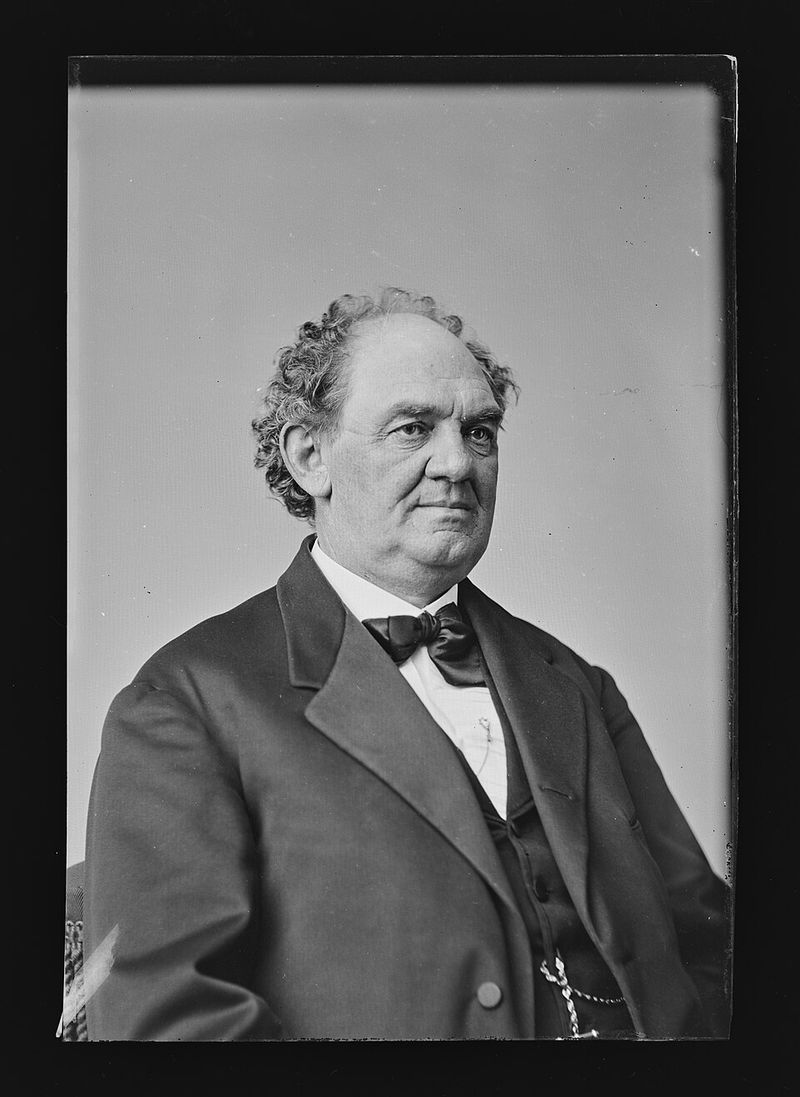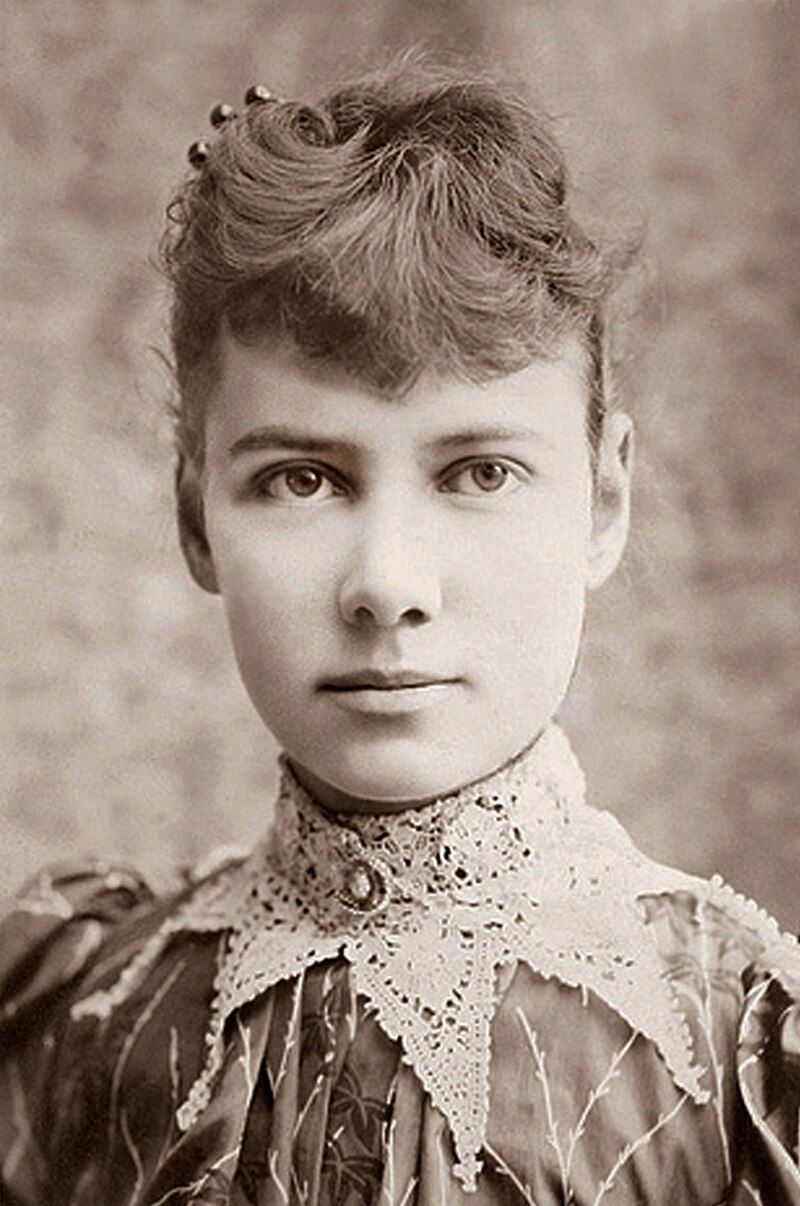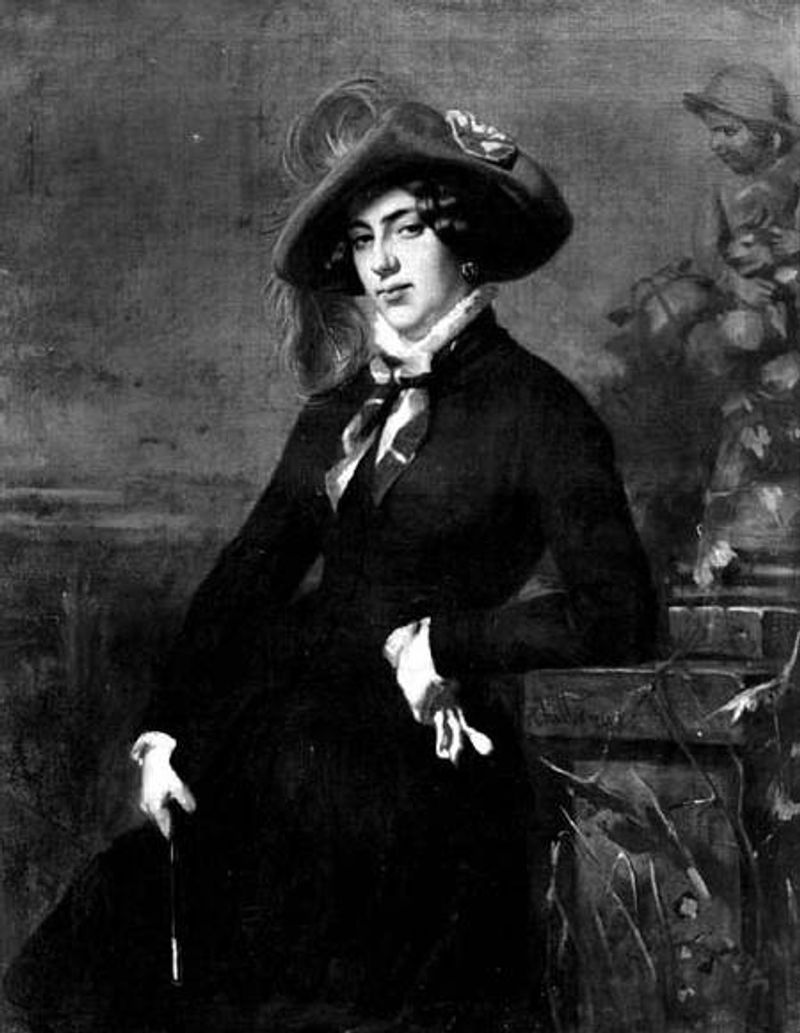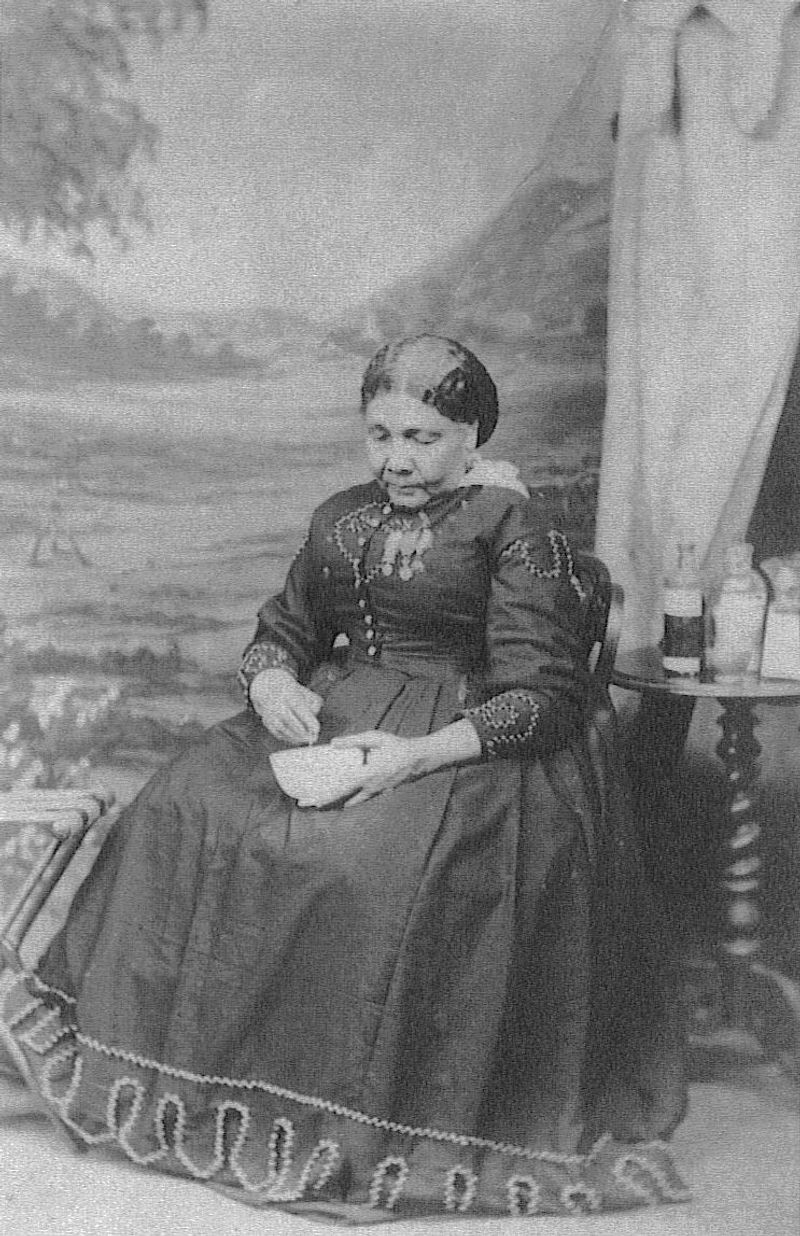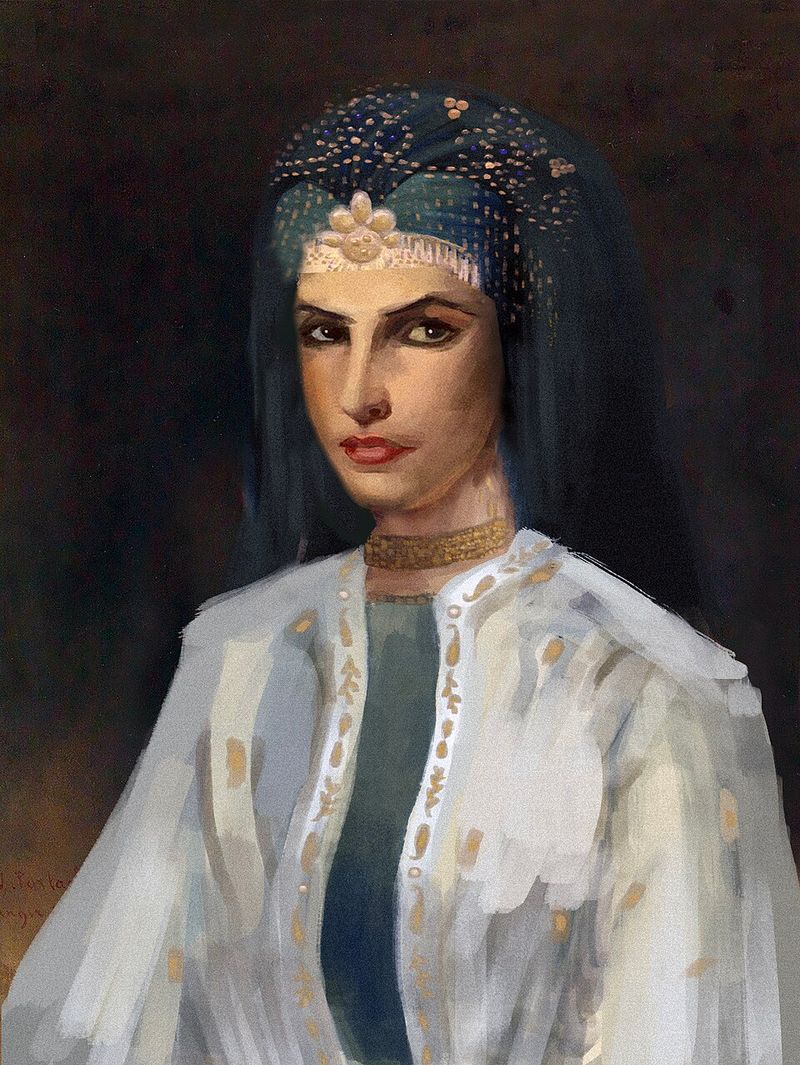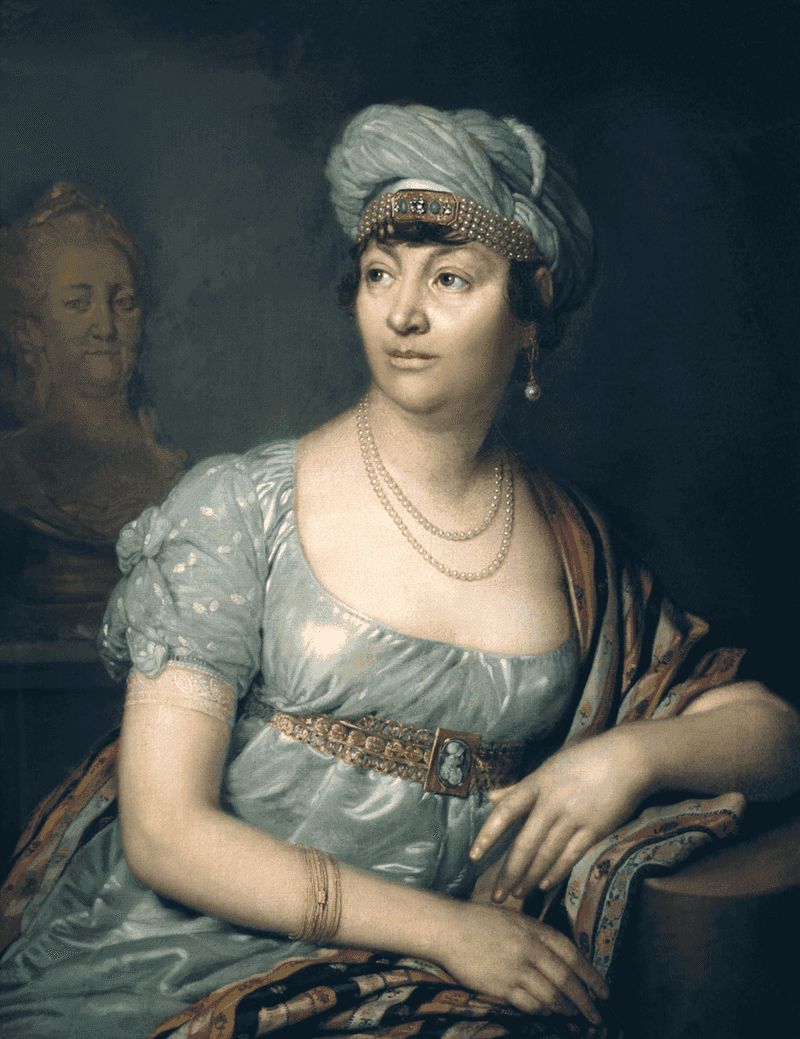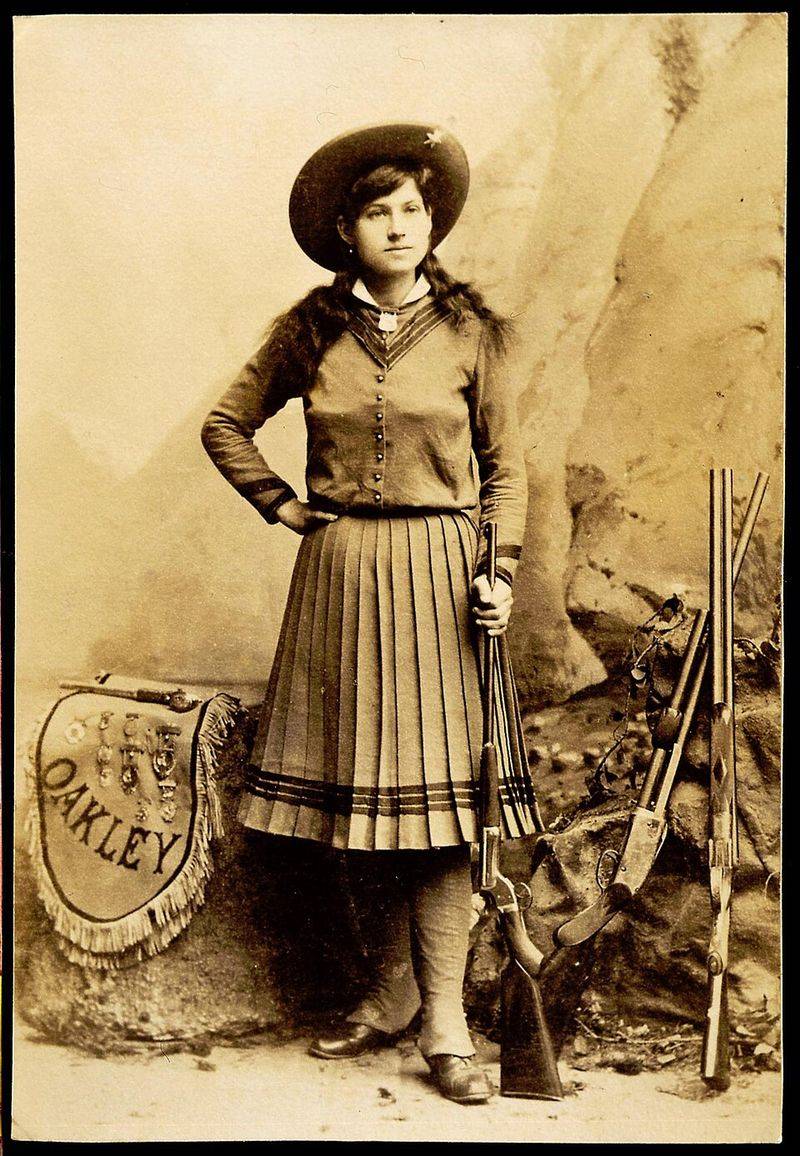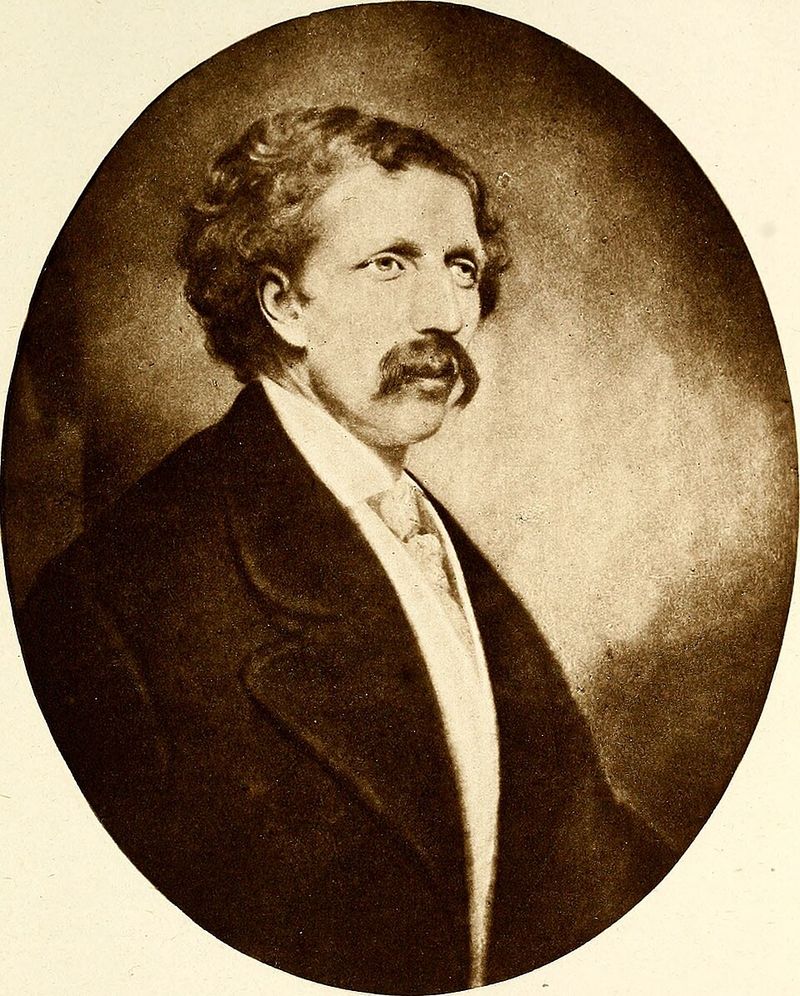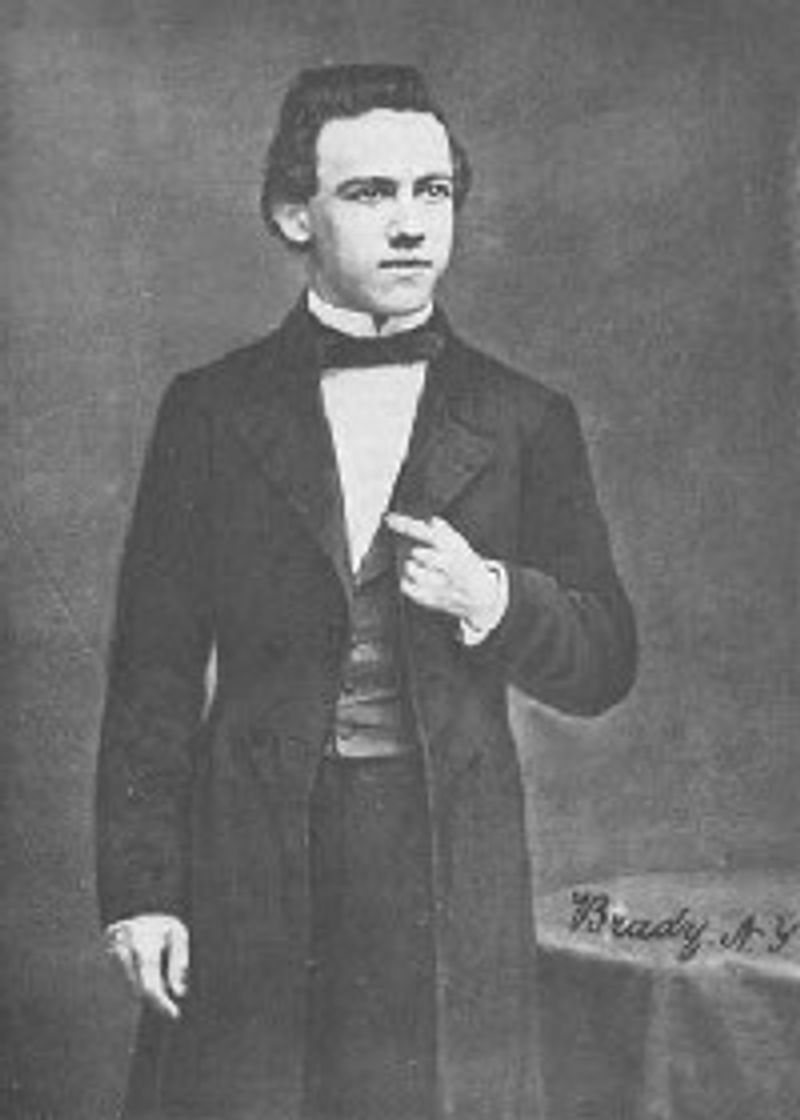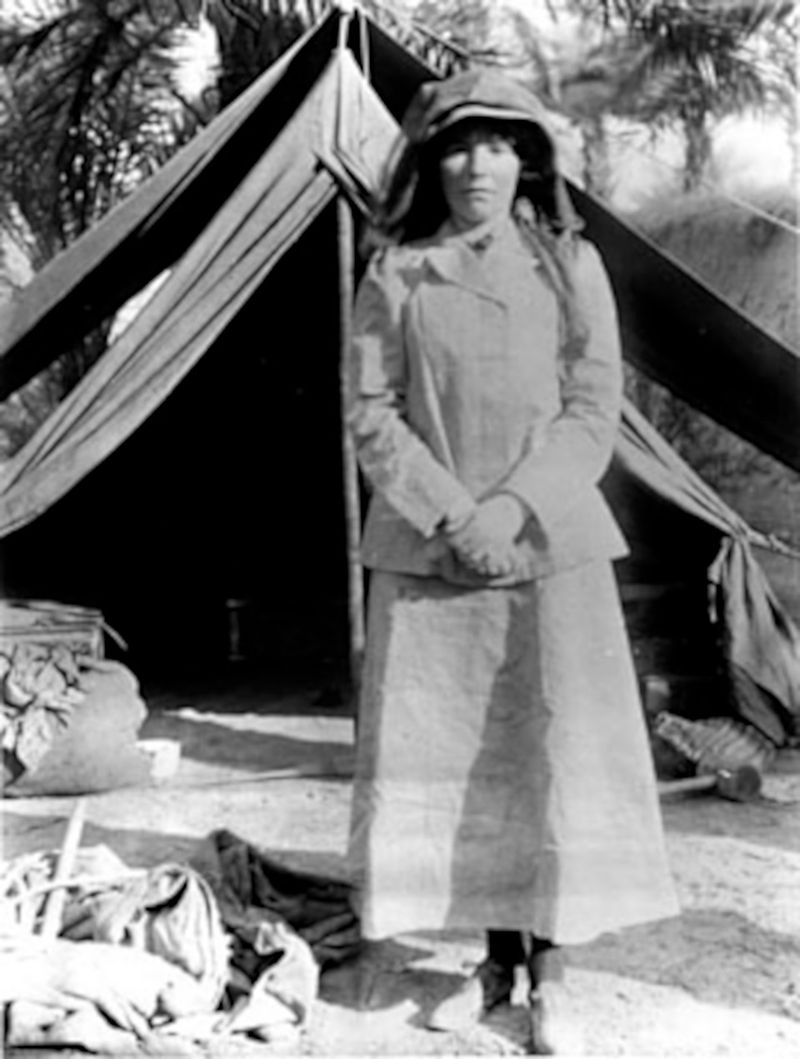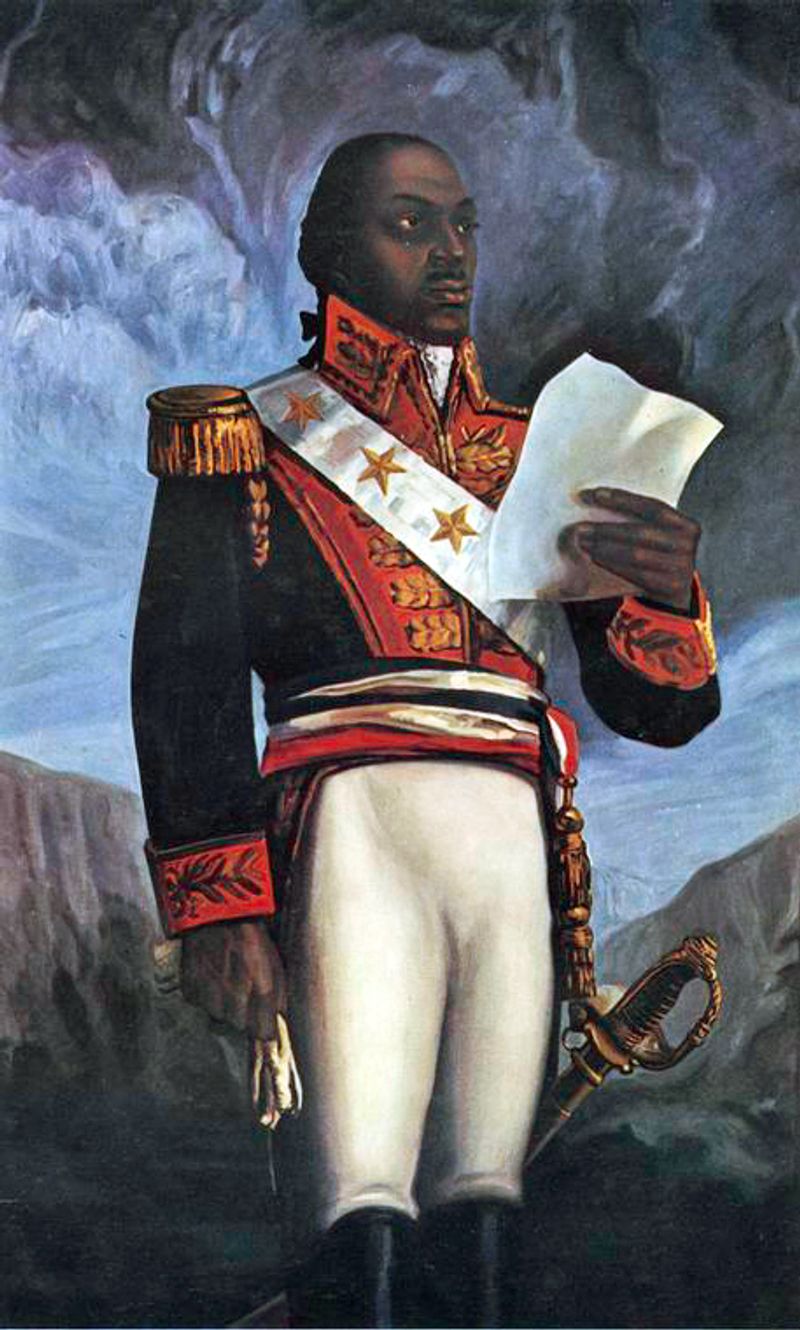History books often focus on presidents and kings, but many people who once captured the world’s attention have faded from memory. Some performers, adventurers, and heroes were household names in their time, their faces recognized in every corner of the globe. Yet today, most people have never heard of them. This list celebrates fifteen remarkable individuals whose fame once rivaled or surpassed that of any president, reminding us that celebrity and influence can be fleeting.
1. Buffalo Bill Cody
William F. Cody became a legend in his own lifetime. His Wild West shows toured America and Europe, bringing cowboys, Native Americans, and sharpshooters to stages before royalty and commoners alike. Queen Victoria herself attended his performances, mesmerized by this slice of frontier life.
Back in the late 1800s, Buffalo Bill was more recognizable than most presidents. His face appeared on posters in London, Paris, and beyond. He embodied the mythic American West, creating a brand that made him one of the world’s first global celebrities.
As decades passed, the frontier mystique faded. Movies and modern media replaced live spectacles, and Buffalo Bill’s name slowly disappeared from popular conversation, remembered mostly by historians and Western enthusiasts today.
2. John L. Sullivan
John L. Sullivan ruled the boxing world when the sport was raw and brutal. He fought both bare-knuckle and with gloves, becoming the first modern heavyweight champion. Newspapers splashed his fights across front pages, and crowds gathered wherever he appeared.
Sullivan’s fame launched an entire industry: sports journalism. Reporters followed his every move, turning boxing matches into national events. His popularity rivaled any politician of the 1880s and 1890s, making him a true American icon.
Sports heroes come and go with each generation. Today, fans celebrate more recent champions like Muhammad Ali or Mike Tyson. Sullivan’s name, once shouted in packed arenas, now lives mainly in boxing history books and dusty archives.
3. Sarah Bernhardt
French actress Sarah Bernhardt captivated audiences across continents. Nicknamed The Divine Sarah, she performed Shakespeare, Racine, and modern dramas with such passion that people traveled hundreds of miles just to see her. Her voice, her presence, her dramatic flair made every performance unforgettable.
At her peak, Bernhardt was the most famous actress alive. She toured Europe, America, and even made early films, pioneering celebrity in the modern sense. When she died in 1923, Paris mourned with massive funeral crowds.
Today, theater historians study her legacy, but the general public rarely hears her name. Silent film stars and stage legends often fade as new entertainment forms take over, leaving only specialists to remember their brilliance.
4. Clara Bow
Clara Bow defined the Jazz Age. Known as The It Girl, she embodied the flapper spirit with her energy, beauty, and free-spirited roles. In the 1920s, her movies drew massive audiences, and her fame eclipsed politicians like President Calvin Coolidge.
Hollywood adored her until sound arrived. When talkies replaced silent films, Clara struggled to adapt. Her Brooklyn accent and personal scandals made studios nervous, and her career faded quickly. The very medium that made her famous left her behind.
Few people today recognize her name or face. Film historians celebrate her contributions, but mainstream audiences have moved on to later icons like Marilyn Monroe, forgetting the girl who once set the standard for stardom.
5. Phineas T. Barnum
P.T. Barnum revolutionized entertainment. Co-founder of Barnum & Bailey Circus, he turned spectacle into an art form. His marketing genius created sensations out of ordinary acts, and his name became synonymous with showmanship and hype.
During his lifetime, Barnum’s fame stretched worldwide. He understood publicity better than almost anyone, arguably becoming more famous than any president except perhaps Lincoln. His circus brought wonder to millions, making him a household name across continents.
Though his circus legacy continued for over a century, Barnum himself faded from popular memory. Modern entertainment has moved far beyond tents and ringmasters, and younger generations know him mostly from history lessons or the musical inspired by his life.
6. Nellie Bly
Elizabeth Cochrane, better known as Nellie Bly, changed journalism forever. She famously circled the globe in just 72 days, beating the fictional record of Jules Verne’s Phileas Fogg. Newspapers worldwide tracked her journey, turning her into an international celebrity in 1890.
But her fame wasn’t just about adventure. Bly went undercover in mental asylums, exposing horrific abuse and sparking reforms. Her fearless investigative work set standards for journalism that persist today, proving women could tackle serious stories with courage and skill.
Despite her groundbreaking achievements, Nellie Bly’s name rarely appears in modern conversations. Journalism history remembers her, but the general public has largely forgotten the woman who once commanded front-page headlines across the world.
7. Lola Montez
Lola Montez scandalized Europe and America. This Irish dancer and courtesan captivated King Ludwig I of Bavaria, becoming Countess of Landsfeld and wielding political influence that sparked upheaval. Her beauty and boldness made her notorious across continents.
Her fame spread through gossip, theater performances, and her tumultuous relationships. Wherever she traveled, controversy followed. Newspapers loved her story, and audiences packed theaters hoping to glimpse the woman who toppled a king’s reputation.
Today, Lola exists mainly in history books and obscure biographies. Her scandalous life, once front-page material, has been overshadowed by countless other celebrities. Modern audiences barely recognize her name, though her influence on 19th-century society was undeniable.
8. Mary Seacole
Mary Seacole defied expectations at every turn. Born in Jamaica, she became a skilled healer and businesswoman. During the Crimean War, she traveled to the battlefield to care for wounded soldiers, funding her own efforts when authorities rejected her help.
Her bravery and medical skill earned widespread recognition. She published the first autobiography by a Black woman in Britain, and her fame during and after the war was significant. Soldiers praised her kindness, and the public celebrated her contributions.
Over time, Florence Nightingale’s story overshadowed Seacole’s equally important work. History tends to simplify narratives, focusing on single heroes. Only recently have efforts emerged to restore Mary Seacole’s rightful place in medical history and public memory.
9. Sayyida al-Hurra
Sayyida al-Hurra commanded respect and fear across the Mediterranean. This Moroccan queen ruled Tétouan and led privateering operations against European ships. In the early 1500s, she was one of the most powerful women in the Islamic West, negotiating with sultans and kings.
Her strategic mind and leadership made her legendary in her time. She controlled trade routes and defended her territory with skill. Her name carried weight in diplomatic circles from Morocco to the Ottoman Empire.
Western historical narratives rarely include her story. Because her legacy exists outside dominant European and American perspectives, most people today have never heard of this remarkable queen. Her exclusion reflects broader gaps in how history gets told and remembered.
10. Germaine de Staël
Germaine de Staël shaped European thought through her salons and writings. This Swiss-French author and political thinker influenced liberalism and Romanticism across the continent. Politicians, writers, and philosophers gathered in her Parisian salon to debate ideas that would reshape nations.
Napoleon himself saw her as a threat, exiling her from France because her ideas challenged his authority. That’s how influential she was. Her novels and political essays spread throughout Europe, making her an intellectual celebrity whose opinions mattered to leaders and artists alike.
Women’s intellectual contributions often get minimized in history books. De Staël’s name appears in academic circles studying Romanticism or French political thought, but the general public rarely encounters her work. Her fame, once continental, has become specialized and scholarly.
11. Annie Oakley
Annie Oakley could outshoot almost anyone. This American sharpshooter toured internationally with Buffalo Bill’s Wild West show, performing trick shots that amazed audiences. She hit targets behind her back, shot cigarettes from her husband’s lips, and became an icon of both the American West and women’s capabilities.
Her fame in the late 1800s and early 1900s rivaled major public figures. She met royalty, appeared in newspapers worldwide, and inspired countless girls to challenge gender expectations. Her skill was undeniable, her showmanship unforgettable.
Though some people recognize her name, few know her story deeply. Modern culture has largely moved past Wild West shows, and Annie Oakley has become more legend than real person in popular memory, overshadowed by presidents and politicians she once equaled in fame.
12. Artemus Ward
Charles Farrar Browne created Artemus Ward, a comic persona that filled theaters across America. In the mid-1800s, his humorous lectures and writings appeared everywhere. Abraham Lincoln reportedly read Ward’s work aloud to his cabinet before discussing the Emancipation Proclamation.
Ward’s popularity overshadowed many politicians of his era. His deliberately misspelled writings and satirical observations on American life resonated deeply with audiences hungry for humor during difficult times. Theaters sold out whenever he performed, and newspapers eagerly published his pieces.
Humor ages quickly, tied tightly to its cultural moment. Ward died young in 1867, and as decades passed, his style of comedy felt dated. Today, almost nobody knows his name, though he was once genuinely more famous than many presidents.
13. Paul Morphy
Paul Morphy dominated chess like few before him. This American prodigy traveled to Europe in the 1850s and defeated the continent’s best players with elegant, aggressive tactics. High society invited him everywhere, his games were published and analyzed, and he became a genuine cultural sensation.
During the 1850s and 60s, Morphy’s name appeared constantly in newspapers. People treated him like a hero, celebrating his victories as American triumphs. His celebrity status extended far beyond chess circles into mainstream culture.
Chess champions from that era remain largely unknown today except among dedicated chess enthusiasts. Morphy’s tragic later life, marked by mental illness and withdrawal from chess, added to his obscurity. The general public has forgotten the young man who once captivated the world.
14. Gertrude Bell
Gertrude Bell helped shape the modern Middle East. This British writer, traveler, and political officer worked alongside T.E. Lawrence, advising governments on border disputes after World War I. Her expertise on Arab culture and politics made her indispensable in creating the state of Iraq.
Her influence during and after the war was enormous. She spoke multiple languages, understood tribal dynamics, and earned respect from both British officials and Arab leaders. Her archaeological work also contributed significantly to understanding the region’s ancient history.
Despite her massive impact, Bell remains relatively unknown to the general public. History tends to remember male figures more readily, and her contributions have been overshadowed by others. Historians recognize her importance, but most people have never heard of the woman who helped draw national borders.
15. Toussaint Louverture
Toussaint Louverture led the Haitian Revolution, the only successful slave rebellion that created an independent nation. His military genius and political skill terrified colonial powers across Europe and the Americas. His name inspired enslaved people everywhere and struck fear into slaveholders.
During his lifetime, Louverture was internationally renowned. Napoleon sent an army to stop him, demonstrating how seriously France took this former slave turned revolutionary leader. His accomplishments challenged the entire system of Atlantic slavery and colonialism.
Despite his world-changing achievements, fewer people remember Louverture compared to many European and American leaders. His story gets less attention in mainstream education, particularly outside Haiti. His legacy deserves far more recognition than it receives in popular historical memory today.
